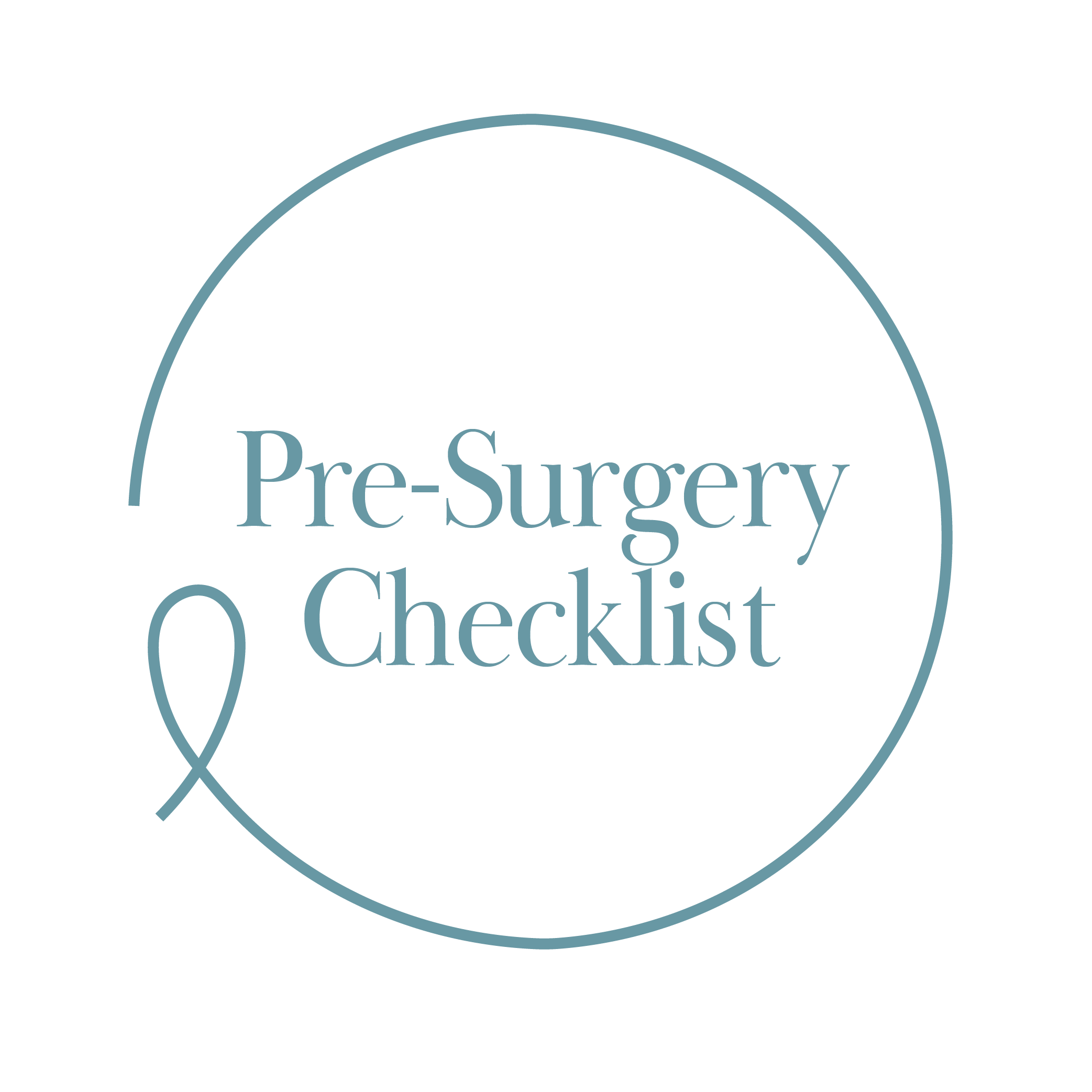- Ask your surgeon about their experience performing the specific procedure you are having to make sure they are qualified with the appropriate training
- Ask your surgeon what the best and worst case scenarios are. This will help you manage expectations so you are not caught off guard
- Ask if the facility is licensed and accredited, and emergency procedures are in place. This is especially necessary if you are having surgery outside of a hospital, for example at an outpatient facility or at your doctor’s office
- Ask who will be involved in your care and whether they’re in your plan’s network before having a medical procedure
- Ask to talk to your anesthesiologist in preparation for surgery
- Ask your health insurance company about any insurance gaps that can occur, especially when your insurance plan offers a low premium but limits the number of physicians in the plan’s network
- Ask your insurance company to verify that the hospital or medical center and each physician and provider caring for you are in-network
- Ask for a copy of your signed consent forms, both for treatment and to receive anesthesia, as needed
- Ask your care team for a Health Care Proxy Form. A health care proxy is a legal document that identifies the person who will speak for you if you are unable to communicate for yourself
- Be active by taking daily walks if you can, decrease your stress levels, eat healthy and get good sleep before the procedure
- Stop smoking as soon as possible, because smoking can cause problems with breathing and recovery from anesthesia and surgery

Preparations to make before you undergo surgery
Download here